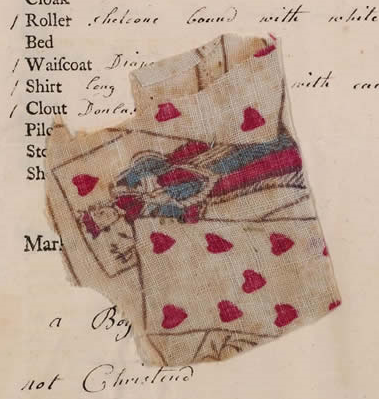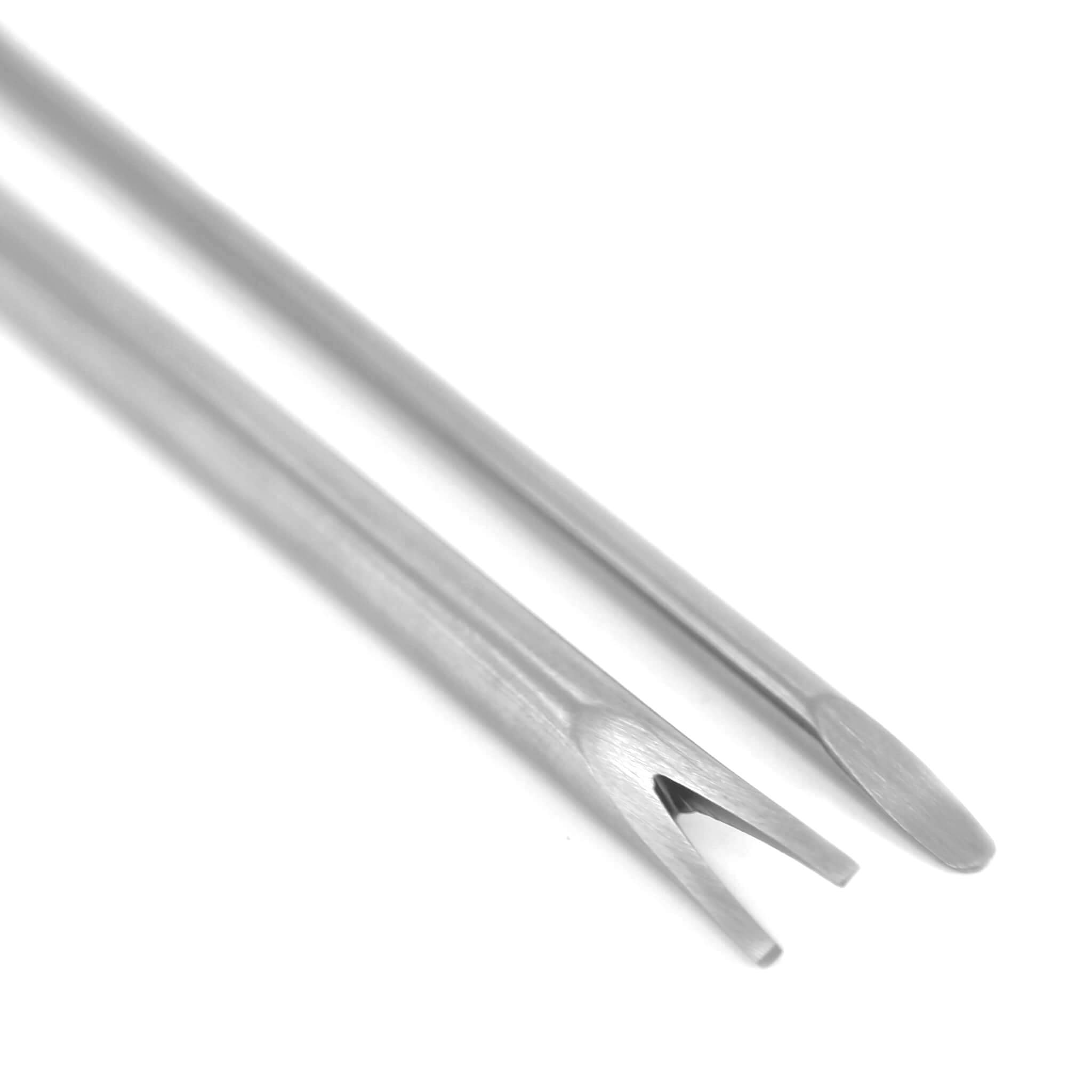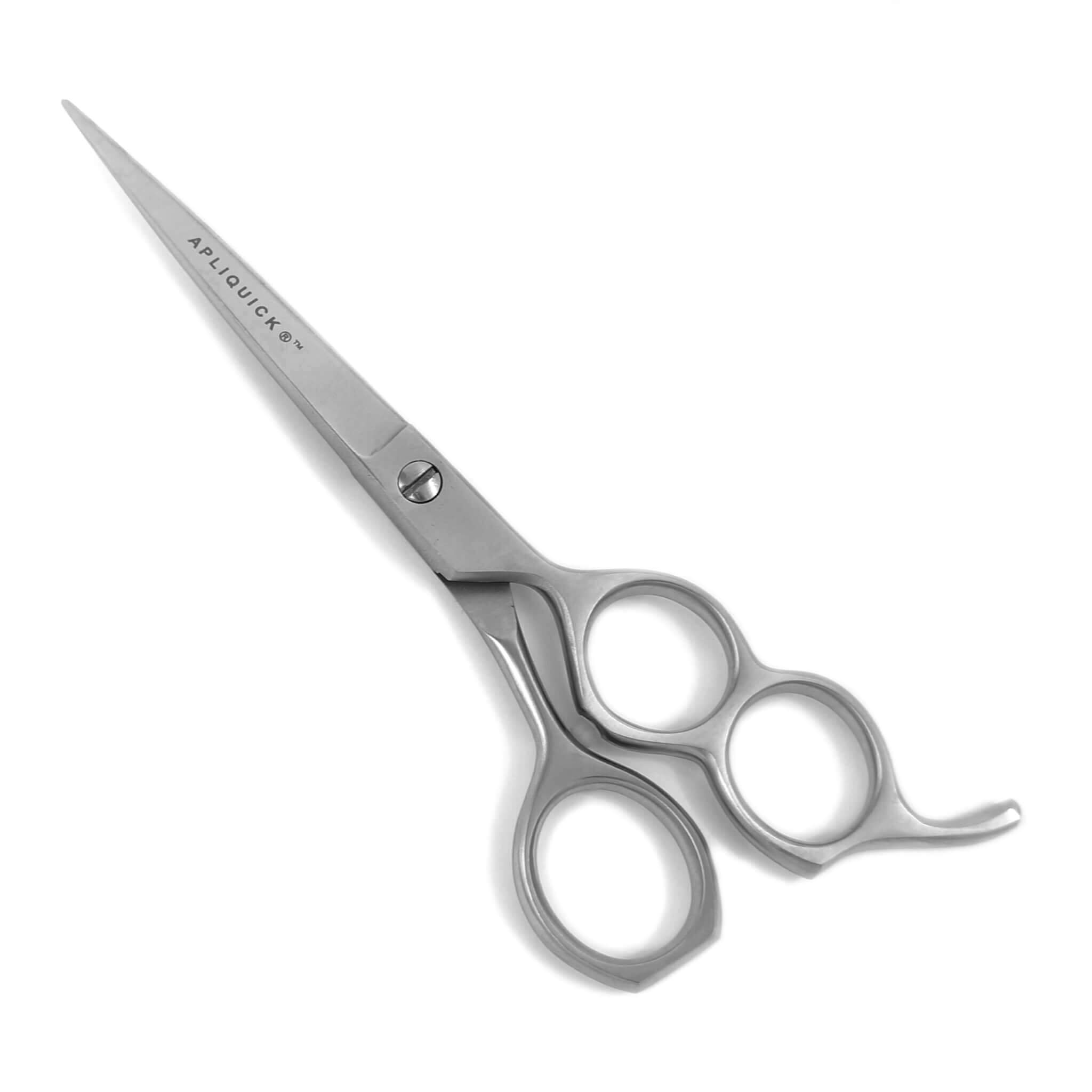
Courtesy of The Foundling Museum
Threads of Feeling, a poignant exhibit currently at the Foundling Museum in London, showcases fabrics never shown before to illustrate the moment of parting as mothers left their babies at the original Foundling Hospital. (The hospital continues today as the children’s charity, Coram.) The museum exhibit runs through March 6, 2011.
In the cases of more than 4,000 babies left between 1741 and 1760, a small object or token, usually a piece of fabric, was kept as an identifying record. The fabric was provided either by the mother or cut from the child’s clothing by the hospital's nurses. Attached to registration forms and bound up into ledgers, these pieces of fabric form the largest collection of everyday textiles surviving in Britain from the 18th century.
A selection of the textiles and the stories they tell us about individual babies, their mothers, and their lives forms the focus of the "Threads of Feeling" exhibition. The exhibition also examines artist William Hogarth’s depictions of the clothes, ribbons, embroidery, and fabrics worn in the 18th century as represented by the textile tokens.
John Styles, Research Professor in History at the University of Hertfordshire, received funding from the Arts and Humanities Research Council to curate the exhibition. Styles comments: “The process of giving over a baby to the hospital was anonymous. It was a form of adoption, whereby the hospital became the infant’s parent and its previous identity was effaced. The mother’s name was not recorded, but many left personal notes or letters exhorting the hospital to care for their child. Occasionally children were reclaimed. The pieces of fabric in the ledgers were kept, with the expectation that they could be used to identify the child if it was returned to its mother.
"The textiles are both beautiful and poignant, embedded in a rich social history. Each swatch reflects the life of a single infant child. But the textiles also tell us about the clothes their mothers wore, because baby clothes were usually made up from worn-out adult clothing. The fabrics reveal how working women struggled to be fashionable in the 18th century.” For more information on this exhibit, click here.




.jpg)


